Amino acid supplements provide concentrated forms of the building blocks that make up proteins in the body. They are widely used to support muscle recovery, exercise performance, mood, immune function and overall metabolic health. From essential amino acid (EAA) blends and branched-chain amino acids (BCAAs) to specific amino acids such as glutamine, arginine and taurine, these supplements can be tailored to individual health and fitness goals.
Amino acid products sit within Welzo’s wider multivitamins, gut health, heart health supplements, weight management and skin care categories, and are commonly used alongside a balanced diet and structured training plan.
What are amino acid supplements?
Amino acids are the basic units that join together to form proteins. They play critical roles in muscle tissue, enzymes, hormones, neurotransmitters, immune cells and skin, hair and nail structure. There are:
-
Essential amino acids (EAAs) – must be obtained from food or supplements.
-
Non-essential amino acids – made by the body but may still benefit from extra support.
-
Conditionally essential amino acids – become more important during stress, illness or intense training (e.g. glutamine).
Amino acid supplements provide these nutrients in free form or blended combinations, allowing targeted support for muscle recovery, performance, mood and general health.
What are amino acid supplements used for?
People commonly use amino acid supplements to support:
-
Muscle recovery and growth – particularly EAAs and BCAAs around training.
-
Exercise performance – by supporting energy production and reducing muscle breakdown.
-
Metabolic health – amino acids participate in glucose and fat metabolism.
-
Gut and immune function – glutamine, for example, is heavily used by gut and immune cells.
-
Mood and sleep – certain amino acids act as precursors to neurotransmitters (e.g. tryptophan for serotonin).
-
Skin, hair and nail health – structural amino acids contribute to collagen and keratin production.
For broader nutritional support, amino acids are often combined with products from our multivitamins, gut health and heart health ranges.
How amino acid supplements work
When you consume amino acids – either from food or supplements – your body uses them to build and repair tissues, synthesise enzymes and hormones, and support many metabolic pathways. Free-form amino acid supplements are typically absorbed more quickly than whole proteins, making them useful before, during or after exercise when rapid delivery is helpful.
Key types and their roles
-
Essential amino acids (EAA blends): Supply all nine essential amino acids, supporting muscle protein synthesis and recovery.
-
BCAAs (leucine, isoleucine, valine): Commonly used around workouts to reduce muscle breakdown and support recovery.
-
Glutamine: Important for gut lining integrity and immune cells; often used during periods of stress or heavy training.
-
Arginine & citrulline: Nitric oxide precursors that may support blood flow and exercise performance.
-
Taurine: Involved in cell volume regulation, bile acid conjugation and nervous system support.
-
Tryptophan & tyrosine: Precursors to neurotransmitters involved in mood, focus and sleep regulation.
Benefits of amino acid supplements
-
Supports muscle recovery and growth when training volume is high.
-
Convenient targeted dosing compared with adjusting whole-protein intake alone.
-
May reduce muscle soreness and support performance when used appropriately.
-
Supports metabolic and immune function through specific amino acids.
-
Useful during dieting or weight management when calorie intake is lower.
Why amino acid support matters
Protein quality and distribution across the day can significantly impact recovery, body composition and performance. While a varied, protein-rich diet is the foundation, amino acid supplements can help fill gaps where dietary intake, timing or appetite are not ideal, especially during:
- Intense training blocks or endurance events
- Periods of calorie restriction or weight-loss efforts
- Busy schedules that disrupt meal patterns
- Recovery from illness, injury or surgery (under clinical guidance)
For people working on body composition, amino acids may be used alongside products from our weight management and gut health collections as part of a broader plan.
How to use amino acid supplements
- Follow the serving instructions on each product label – dosing varies by type and goal.
- BCAA/EAA powders are often taken before, during or after training.
- Glutamine is commonly taken between meals or before bed for gut and recovery support.
- Do not exceed the stated daily amount unless advised by a healthcare professional.
- Always combine with adequate calorie and protein intake from whole foods.
When to seek medical advice
- If you have kidney or liver disease, or reduced organ function.
- If you are pregnant, planning pregnancy or breastfeeding.
- If you live with diabetes, metabolic conditions or are on a medically prescribed diet.
- If you take prescription medicines, particularly for blood pressure, mood, seizures or heart conditions.
- If you experience persistent digestive discomfort, headaches or other unusual symptoms when using supplements.
Side effects & precautions
Most amino acid supplements are well tolerated when taken at recommended doses. However, some people may experience:
- Digestive upset (bloating, cramps, loose stools), especially with large single doses
- Headache or mild nausea when taken without food
- Sleep changes if stimulating blends (e.g. tyrosine) are taken late in the day
High or prolonged intake of certain amino acids may not be suitable for people with kidney, liver or metabolic disease. If you have any chronic health conditions or are taking medication, speak to a clinician before starting an amino acid regime. Do not use amino acid supplements as a replacement for balanced meals.
Reviews of Amino Acid Supplements
Many customers report that EAA and BCAA products help them feel “less sore” and “better recovered” between training sessions, especially when training frequency is high. Users often find that sipping amino acid drinks during workouts is an easy way to stay hydrated while supporting muscle recovery.
Those using glutamine frequently comment on improved tolerance to heavy training blocks and, in some cases, better digestive comfort when used alongside adjustments in diet and lifestyle. Others note that targeted amino acids such as arginine or citrulline can make training feel “smoother” or “more consistent”, particularly for higher-intensity sessions.
Not everyone notices dramatic changes; some users feel that amino acids mainly provide an extra layer of support on top of a well-structured diet, sleep routine and training plan, rather than a standalone solution.
Types of amino acid supplements
-
EAA blends: Complete essential amino acid formulas for muscle protein synthesis.
-
BCAA powders and capsules: Focused leucine, isoleucine and valine support around training.
-
Glutamine: Popular in gut and immune support protocols.
-
Arginine & citrulline: Often used pre-workout for blood-flow support.
-
Taurine: Included in performance and hydration blends.
-
Targeted mood/sleep precursors: Such as tryptophan or tyrosine, sometimes used under professional guidance.
Amino acid supplements vs whole protein
Whole-food protein (meat, fish, eggs, dairy, legumes) and protein powders provide amino acids in larger, slower-digesting amounts and remain the foundation of most nutrition plans. Amino acid supplements offer:
-
Speed: Faster absorption and easier timing around training.
-
Precision: Ability to adjust specific amino acids without extra calories.
-
Convenience: Hydration-friendly powders that are easy to consume during activity.
In practice, many people use both: whole protein as the base of their diet and amino acids as an add-on for key times of day.
How Welzo selects amino acid supplements
-
Evidence-informed formulations: Products reflect current sports nutrition and clinical nutrition research.
-
Clear labelling: Transparent ingredient lists and dose information.
-
Quality control: Preferred brands follow Good Manufacturing Practices (GMP).
-
Practical formats: Powders, capsules and blends suitable for everyday use.
-
Compatibility with wider goals: Works alongside weight management, heart health and gut health strategies.
All amino acid supplements on Welzo are sold commercially, but our medical and educational content is developed independently of manufacturers and is not influenced by specific brands.
Welzo editorial standards
All supplement content on Welzo is written by trained medical writers and reviewed by GMC-registered clinicians. Information on this page is for general education and does not replace personalised medical advice. Amino acid products are sold in the UK as food supplements; they are not licensed medicines and are not intended to diagnose, treat, cure or prevent disease.
FAQs about amino acid supplements
Do I need amino acid supplements if I already eat plenty of protein?
If your protein intake and distribution are already good, you may not need additional amino acids. Some people still choose them for convenience, rapid absorption or specific goals such as training recovery.
Are amino acid supplements safe for long-term use?
For healthy adults, typical doses used in sports nutrition are generally considered safe. People with kidney, liver or metabolic conditions should seek medical advice before using amino acid supplements regularly.
Can amino acids help with weight loss?
Amino acids alone do not cause weight loss, but they can support muscle maintenance and satiety as part of a calorie-controlled plan. For structured support, see our weight management range.
Can I take amino acids with other supplements or medicines?
Amino acids are often taken with multivitamins, creatine or Omega-3. If you are on prescription medication, especially for kidney disease, blood pressure, mood or seizures, speak to a healthcare professional before adding new supplements.
Should I use amino acids on rest days?
Some people use lower doses on rest days to support recovery, while others only use them around training. The best approach depends on your overall diet, training volume and health status.
Supplement disclaimer: Food supplements should not replace a varied, balanced diet or healthy lifestyle. Always speak to a healthcare professional if you are unsure whether amino acid supplements are appropriate for you.
Medical authorship:
Content reviewed by: Dr Sameer Nakedar – Chief Medical Officer, MBBS (London), MRCGP, PGCert, GMC: 7041062
Content authored by: Paola Drexlar – Medical Content Writer, BA (Hons) Journalism

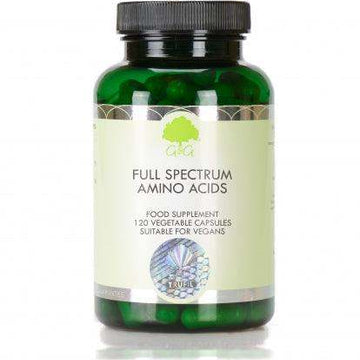
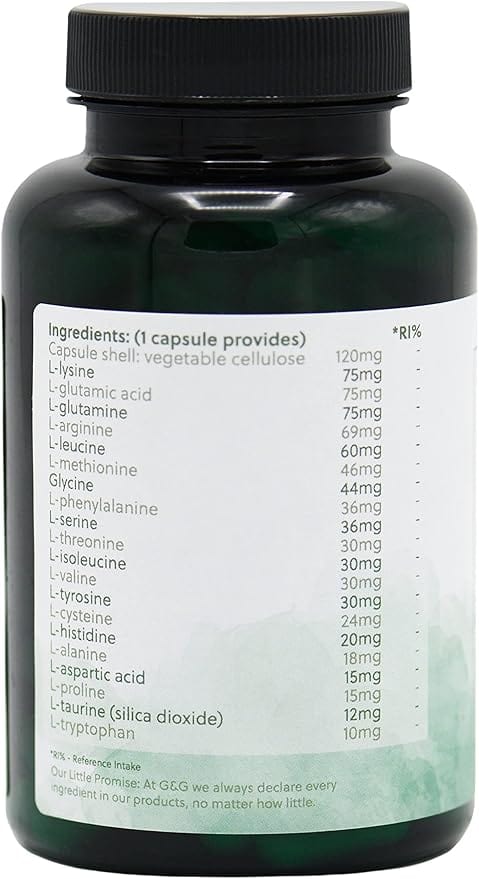

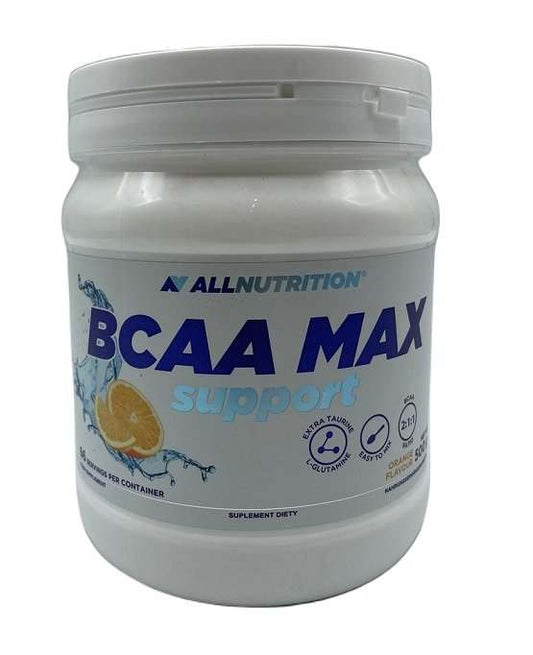



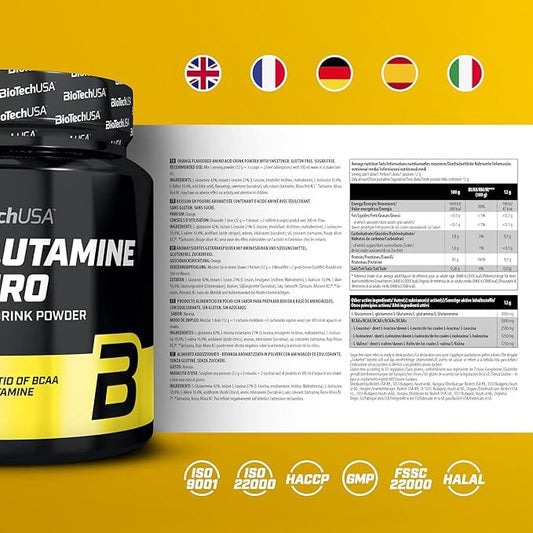
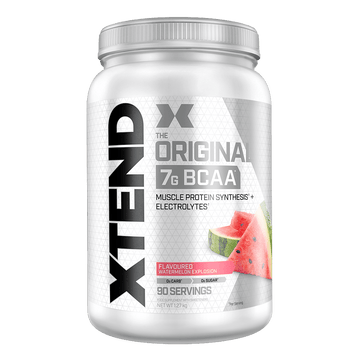
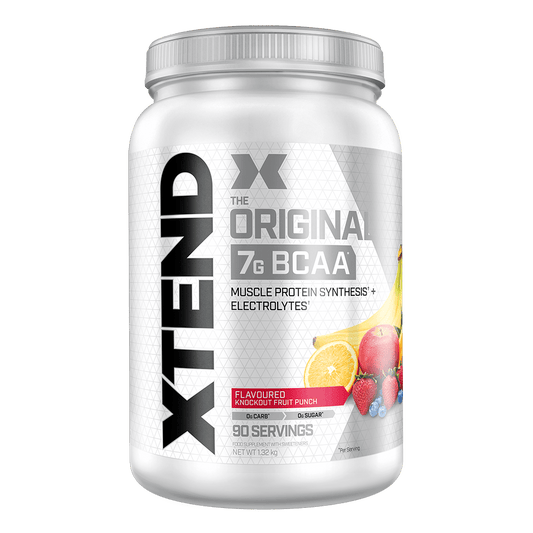

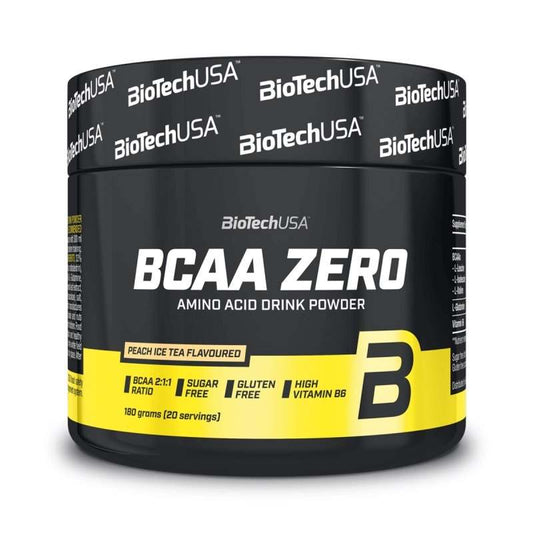

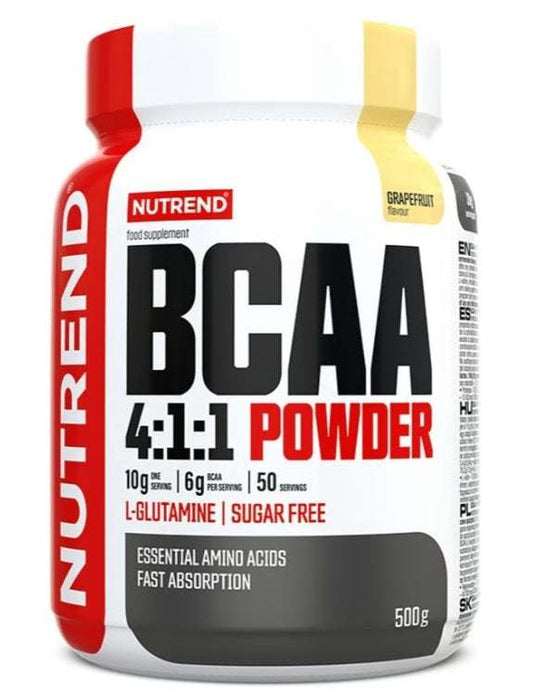



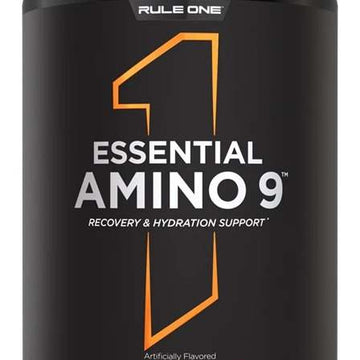
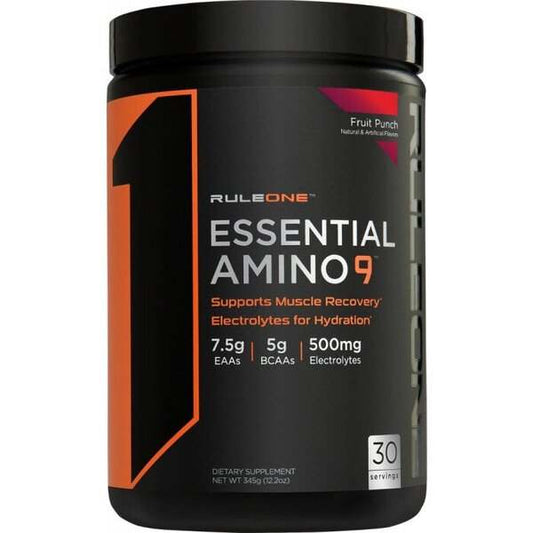

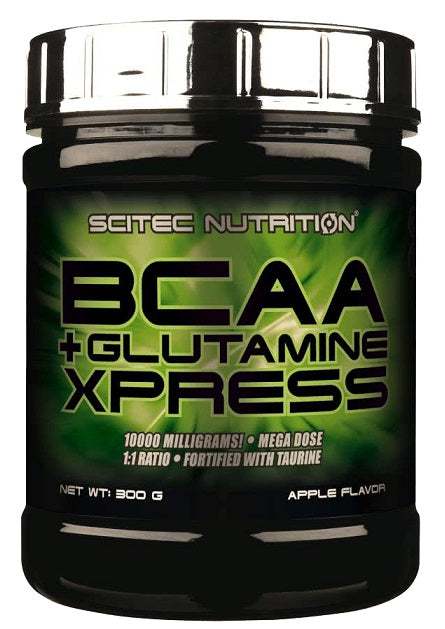

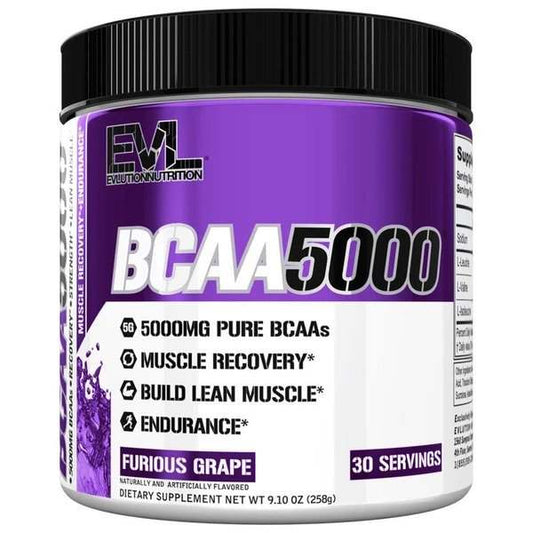




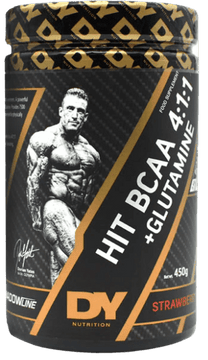
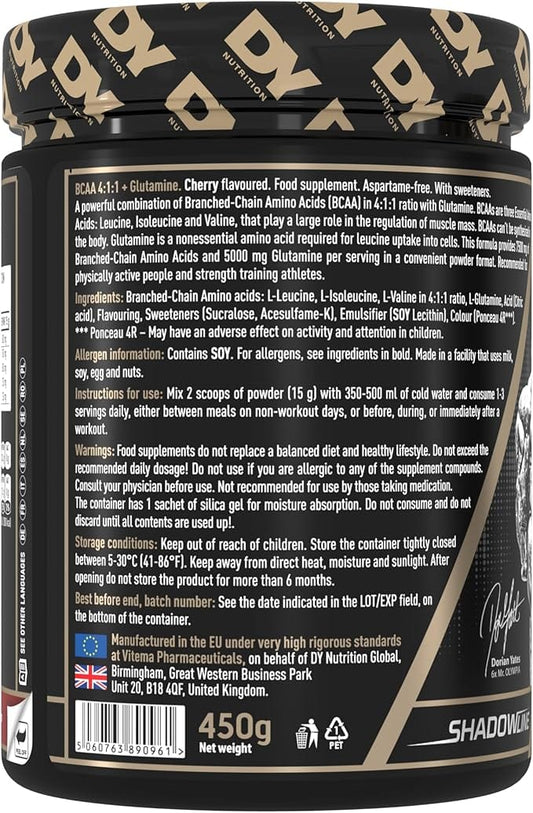


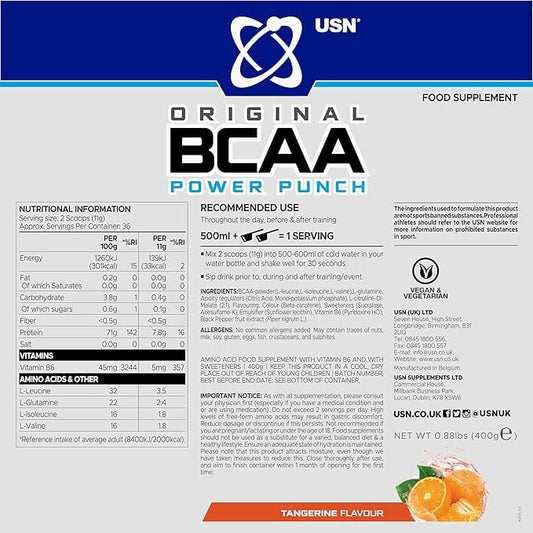

 Rated Excellent by 14,617+ Reviews
Rated Excellent by 14,617+ Reviews